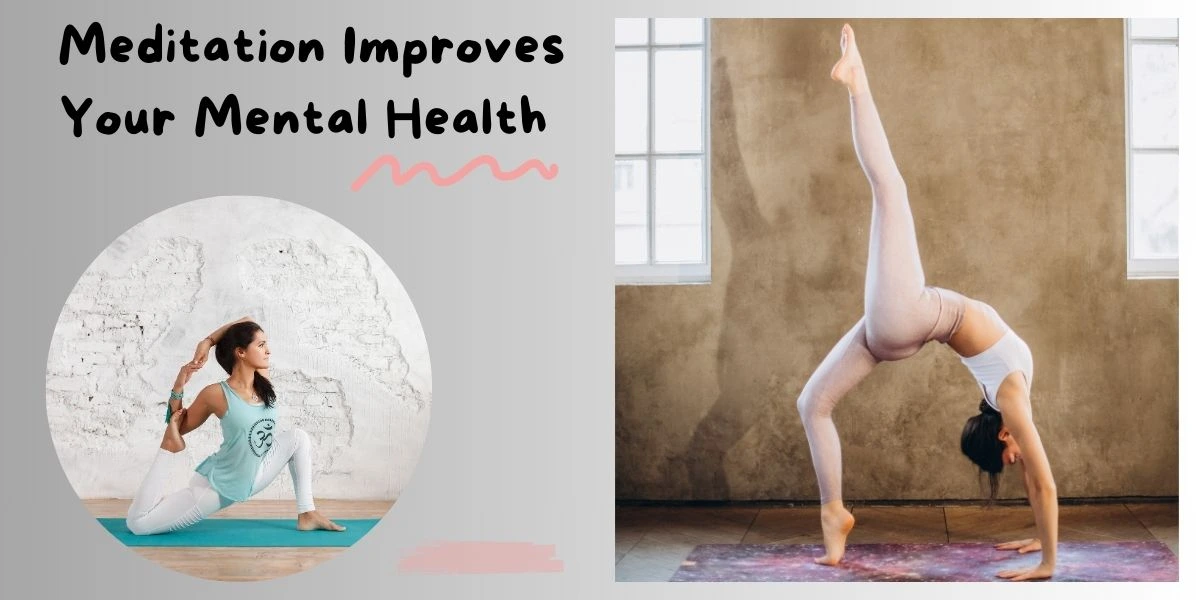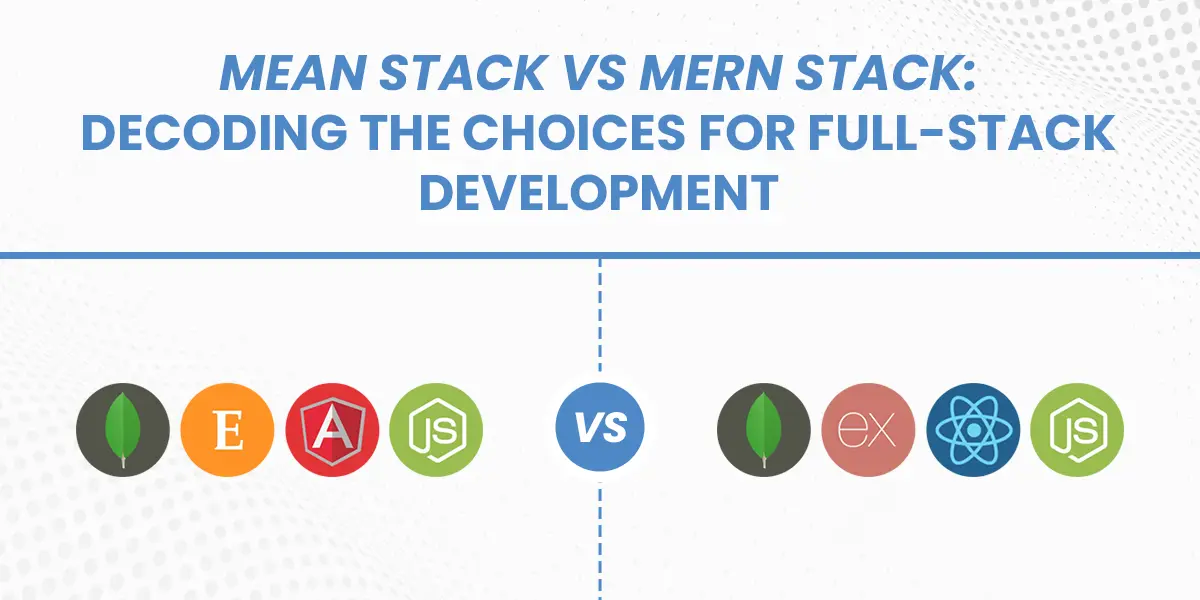How Can Meditation Improve Your Mental Health? Can Meditation Apps Help?
Meditation is a process where individuals use techniques for focusing their minds on a particular thought or object to achieve an enhanced state of serenity, awareness, and focused attention. Meditation has been prevalent in all religions and practiced as different techniques since ancient history.
The world is experiencing several changes in situations such as high pressure at the office, home, and academics, and a lack of harmony across cultures and countries. This has impacted the physical health and mental health of humans with increased stress and negative emotions while disturbing our natural ecosystem. In this context, meditation is gaining significance and popularity among people all over the globe to achieve a sense of calmness and stability in their thoughts and actions. Begin your meditation journey with the powerful tool of our meditation app Meditation4Soul.
The Impact of Meditation on Mental Health
Meditation exercises a transformative influence on mental health, transcending mere relaxation techniques. By delving into the practice, individuals can experience reduced stress and anxiety levels, fostering emotional balance and stability. Moreover, it enhances focus, cultivates attention, and promotes clarity of thought, thereby fortifying mental resilience, and more about As a leading Meditation App Development Company creating a platform for you, we are dedicated to doing mindfulness exercises using this app.
Scientific Evidence Supporting Meditation’s Effects
Scientific inquiry corroborates the tangible benefits of meditation on mental health. Research studies have showcased its prowess in altering brain structure and function positively. Neuroscientific perspectives endorse the brain’s neuroplasticity, suggesting that meditation can rewire neural pathways, contributing to improved mental well-being.
How Meditation Can Improve Your Mental Health Development
How Meditation Can Improve Your Mental Health
Extensive research has been done on the benefits of meditation. The research outcomes indicate that meditation has a positive impact on our minds with decreased stress, improved concentration, and tackling depression scenarios. There are many types of meditation. Examples are Mindfulness Meditation, Spiritual Meditation, Visualization Meditation, and Loving-Kindness meditation. Irrespective of the type, all offer proven benefits for mental and physical health. Let us examine how meditation improves our mental health you can also use one of the famous meditation app development by deligence technologies
Increased focus and concentration: Meditation helps one focus on the present. It has been found in various studies that meditation results in an increase in the gray matter of the brain responsible for learning and memory. It alleviates mind-wandering and attention deficit thereby increasing concentration on the activities at hand.
Reduction in stress and anxiety: Stress and anxiety are two prevalent improve your mental health issues faced by the world. Techniques such as Mindful Meditation and Breath-awareness Meditation train the brain to achieve sustained focus and mitigate negative thinking by reducing inflammatory chemicals like cytokines that contribute to depression.
Enhanced self-esteem and self-awareness: Meditation helps boost confidence and enhance the ability to deal with challenging situations. It encourages self-awareness without judgement thereby enabling in discovery of positive attributes about oneself and boosting self-esteem.
Instil kindness and love: Meditation is known to strengthen feelings of compassion and kindness toward others. The Loving-Kindness Meditation is known to promote compassion and help people in overcoming negative emotions by bringing out their kind nature.
Breaking Addictions: Meditation techniques like Mindfulness help fight addictions such as alcohol or substance abuse. It reinforces mental awareness and redirects attention to positive aspects of life. This inculcates a mental discipline that helps in increasing self-control and eliminates unwanted addiction impulses.

Types of Meditation Practices
Several meditation approaches exist, catering to diverse preferences and needs. Mindfulness meditation, focusing on present experiences, stands as a widely practiced form. Transcendental meditation, centering around mantras, and loving-kindness meditation, emphasizing compassion, represent other popular variants.
Meditation Apps: A Tool for Mental Wellness
In this digital age, meditation apps serve as accessible and user-friendly tools for practicing meditation. These applications offer guided sessions, breathing exercises, and mindfulness activities, enabling users to embark on their mental wellness journey conveniently.
Benefits of Using Meditation Apps
The allure of meditation apps lies in their accessibility and tailored programs. Users can access these platforms anytime, anywhere, fitting meditation seamlessly into their routines. Additionally, apps often curate content based on user preferences, catering to varying needs and experience levels.
Challenges and Solutions with Meditation Apps
Despite their advantages, users may encounter hurdles in maintaining a consistent meditation practice. Addressing distractions and maintaining motivation pose common challenges. Strategies such as setting reminders, starting with short sessions, and exploring different app features can help users overcome these obstacles.
Combining Traditional Meditation and App-Based Practice
Balancing traditional meditation techniques with app-based practice can yield comprehensive mental health benefits. Integrating both approaches allows individuals to harness the advantages of guided sessions while nurturing self-reliance in meditation practice.
Can Meditation Apps Help?
Can Meditation Apps Help?
Meditation app development is technology-driven with features on guided meditation and pleasant audio-visual experience that help people in meditating methodically and easily with an intuitive experience. They help meditators by guiding them throughout the session of a meditation process irrespective of age or experience of a practitioner. Meditation apps offer the various features. Flexibility: Apps are structured for beginners needing guidance. Guided meditations walk a meditator through a sequence with soothing audio-visual support and timed control over durations. A structured meditation enables guidance to beginners ensuring consistency in practice. For the experienced, unguided, or silent meditation that can be synchronized across members meditating in a group is a desired requirement.
Pleasant audio-visual experience: Meditation apps come with various methods for relaxing such as musical soundscapes and storytelling. Videos and music for Anxiety Reduction in apps with gradually changing images help meditators in calming their minds. Insomnia is a rising health situation across the world owing to stress. Soothing content with nature videos and melodious music help relax the meditators by instilling a sense of peace inducing sleep. A content library that is easily perusable by a user and of high-quality multimedia plays a significant role in onboarding and engaging users. An effective visual presentation with soothing colour combinations facilitates users in relaxing and de-stressing themselves.
Gamified meditation: This is an interesting feature to keep users especially of young age engaged in the session. Techniques such as memory games, breaktime activities like artwork, and bonus points for consistent practitioners can be employed in the apps. Enable Concentration & Focus: Meditation apps support features that block distractions to users from alerts such as messages, unimportant phone calls and chats, thereby enabling them to focus on their meditation activities. Habit tracking: This feature helps meditators in breaking bad habits by interfaces for users to record habits and monitor them towards mitigation against a set of goals. Customizable reminders with time slots and durations can be pushed to users for meditation activities.
The core features offered by meditation app development companies are similar, focusing on techniques that present engaging sessions. Most meditation app development services offer apps development with entry-free and priced versions based on features desired by users. Let us look at some popular meditation apps such as Headspace, HeartsApp, and Calm. Headspace apps present a user interface through cartoons making it an engaging experience with a beginner’s course. It offers a selection of meditations for dealing with situations such as lack of sleep, anxiety, stress, and motivational needs. Calm app presents a visual experience with pleasing and natural images that is effective for sleep and anxiety related issues. It offers a wide selection of music for mindfulness meditation, and calming sleep stories with narration. HeartsApp, offered by the Heartfulness Institute, is free of charge to elders over 16 years of age with offerings such as Guided Relaxation, and Meditation with De-stressing sessions. A user can connect to a trainer in real-time anywhere across the world.
Meditation is beyond sitting in silence. It is an ancient discipline being practiced in many cultures to gain mental calmness and inner harmony. Meditation app development services focus on various features cited above to guide users into a state of mindfulness with the same sitting experience as with a guru. The goal is to achieve a sense of peace, contentment with robust mental and physical health.














Leave A Comment